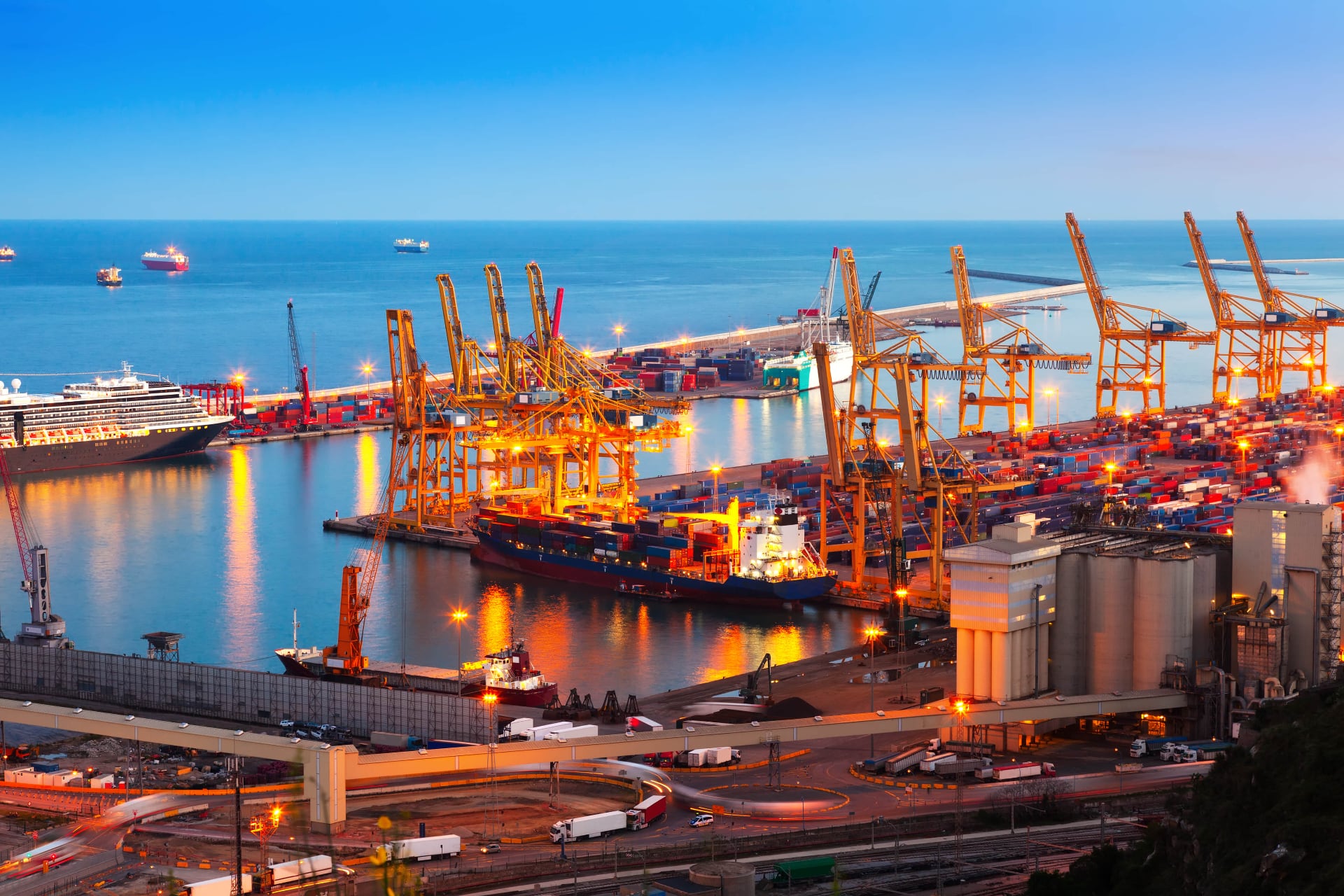Israel's prime minister threatens to attack the Houthis; has international allies
Release time:2024-12-26
A ballistic missile hit a playground in Tel Aviv over the weekend. This attack, attributed to Yemen's Houthi Islamists, has prompted Israel to intensify its stance against the group. In a meeting with his security cabinet in Safed, Benjamin Netanyahu made it clear that he will act with the same force he has shown against other groups associated with Iran. He also called on Israelis to comply with security instructions.
In the message, the prime minister stressed that they are not alone in this fight: key allies such as the United States and the United Kingdom share the view that the Houthis pose a serious threat, not only to international shipping, but also to the stability of the world order.
Since November 2023, the Houthis have increased their missile and drone attacks on Israel and the Red Sea sea routes, in response to the war unleashed in Gaza following a Hamas terror attack. In the last year, it is estimated that they have launched more than 200 missiles and 170 drones. In addition, attacks on merchant ships in the Red Sea have disrupted international maritime traffic, seriously affecting global trade.
In retaliation, the Israel Defense Forces (IDF) has carried out a series of airstrikes targeting key Houthi infrastructure in Yemen. These operations have focused on the west coast and the capital, Sana'a, destroying fuel depots, power plants and tugboats in rebel-held ports. According to official sources, the bombings have generated significant economic losses, estimated at 313 million dollars in the port city of Hodeida alone.
As the offensives continue, the debate over how to handle the threat has escalated within the Israeli government. Senior officials, such as Mossad chief David Barnea. However, this proposal has been divisive, with some arguing that the Houthis do not always act in direct coordination with Tehran, complicating the possibility of broader intervention.




